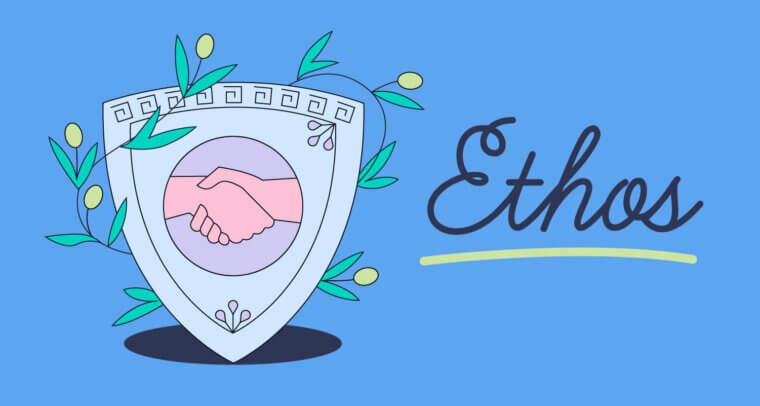
Definition
Rhetoric is the foundation of the creation of literature. Originated with Sophists and was systematized by Aristotle, who discussed effective methods of persuasion. Till modern day, rhetoric has served to persuade, inform, or motivate an audience. Central to rhetoric is ethos (credibility), pathos (emotion), and logos (logic).
Significance:
Rhetoric is used to elevate the power of language, making it a potent tool for our expression and persuasion. By learning more about its nuances, we boost our capability to convey emotions and intentions with precision.
But the essence of rhetoric extends beyond articulation. It acts as a lens, sharpening our analytical faculties. When equipped with a well-rounded understanding of rhetorical techniques, we become adept at deciphering the layers in the texts, both ancient and contemporary. We can peer beneath the surface, discerning the subtle undertones, biases, and intentions that might otherwise remain obscured. This enriched perspective allows for a more profound appreciation of literature, media, and everyday communications, fostering critical thinking and ensuring that we are not just passive consumers of information but active, discerning participants in the world of discourse.
Examples:
Ethos:
An appeal to credibility or character


“Over the past twenty-five years, I have worked persistently on issues relating to women, children, and families. Over the past two and a half years, I’ve had the opportunity to learn more about the challenges facing women in my own country and around the world.”
“. . . I have met mothers in Indonesia. I have met working parents in Denmark. I have met women in South Africa.”
—Clinton at the fourth World Conference of the United Nations
Pathos:
An appeal to emotion.

“I have a dream that one day down in Alabama with its vicious racists, with its governor having his lips dripping with the words of interposition and nullification, one day right down in Alabama little Black boys and Black girls will be able to join hands with little white boys and white girls as sisters and brothers. I have a dream today.”
—Dr. Martin Luther King, Jr., “I Have a Dream”

Logos:
An appeal to logic or reason.


“The state has not produced one iota of medical evidence to the effect that the crime Tom Robinson is charged with ever took place. It has relied instead upon the testimony of two witnesses whose evidence has not only been called into serious question on cross-examination, but has been flatly contradicted by the defendant. The defendant is not guilty, but somebody in this courtroom is.”
—To Kill a Mockingbird, by Harper Lee
